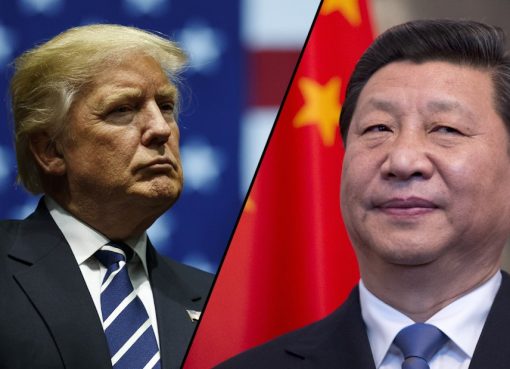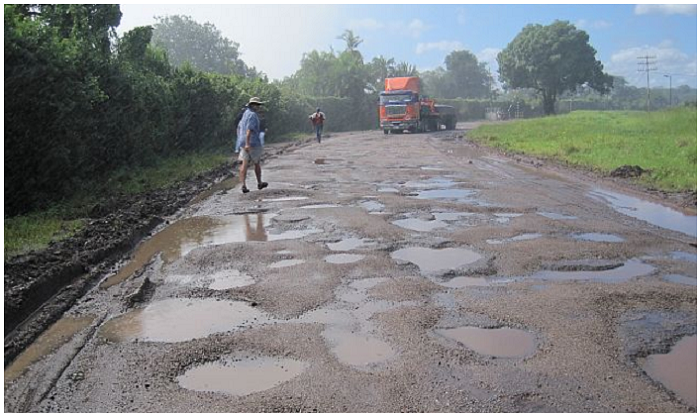Kenyan importers spent an equivalent of three-quarters of the country’s annual budget to bring in goods from abroad, hurting job opportunities for growing skilled youth and exerting pressure on the shilling against major global currencies.
Expenditure on imports rose 16.21 percent to Sh2.49 trillion on the back of the increased cost of importing fuel and food, official data collated by the Central Bank of Kenya shows.
The import bill is equivalent to 73.45 percent of the Sh3.39 trillion original budget for the current year ending June.
The cost of essential commodities such as petroleum products, wheat, edible oil, steel and paper hit record levels in 2022 on persistent disruptions in global supply chains which started a couple of years earlier due to Covid curbs and were exacerbated by Russia’s brutal war in Ukraine in February last year.
Elevated import bill against a narrow basket of export goods helped widen the country’s goods trade deficit by 15.26 percent last year.
The trade deficit – the gap between merchandise imports and exports – rose to Sh1.62 trillion in 12 months through last December from Sh1.41 trillion the year before.
Kenya has over the years struggled to narrow its goods trade deficit partly due to reliance on traditional farm produce exports such as tea, horticulture and coffee despite pledges by successive governments to expand the basket of merchandise and incentivise exporters who add value to produce.
The value of imports has, for instance, jumped 76.98 percent over the last decade from Sh1.41 trillion in 2013, while exports, largely sold raw and thus fetching relatively lower prices, have increased 72.35 percent to Sh873.29 billion in the review period.
Most Kenyan traders export produce raw because of higher taxes slapped on semi-processed or processed goods in destination markets like Europe, fearing that value addition will make exports less competitive in the global markets.
Manufacturers have largely blamed the relatively slow growth in export earnings from merchandise trade on the high cost of production, singling out elevated energy prices as a major growth damper.
“If you look at some of the goods that we sell [abroad] like apparel, even with duty-free access to the US market, we are still 15 to 20 percent more expensive than our competitors in Central Asia like Bangladesh and Sri Lanka. The reason is that production cost in Kenya is very high because of expensive power, water and labour,” Kenya Association of Manufacturers chief executive Antony Mwangi told the Business Daily in a recent interview.
“Kenyan products are competing with products from all over the world and, therefore, we need as a country and even at factory level to be globally competitive.”
A persistently higher trade deficit, economists say, slows down creation of new job opportunities for the growing skilled youth as most revenue earned within Kenya is spent on buying goods from foreign countries, thereby raising production and job openings in source markets.
A widening import-export gap also piles some pressure on the shilling as demand for dollars outstrips supply.
For instance, the shilling has lost 8.76 percent of its value against the US dollar this year through Monday this week to an average of 123.05 units, largely on the back of higher demand for the greenback than supply.
The data, which CBK got from the Kenya Revenue Authority, shows the country’s import bill was largely lifted by increased expenditure on shipping in petroleum products.
Expenditure on fuel and lubricants from abroad shot up 72.13 percent to Sh656.62 billion, pointing to record high growth which prompted the previous administration to cushion consumers on purchase of petroleum products to stem inflationary pressures on key sectors such as transportation, manufacturing and agriculture.
The fuel price stabilisation scheme cost taxpayers Sh81 billion in the financial year ended June 2022, for instance, highlighting the impact of State move on the country’s revenue.
The high cost of subsidy prompted President William Ruto’s administration to drop it on super petrol from September. It has, however, denied consumers of super petrol a price drop, which it has since used to subsidise purchase of diesel while maintaining the cushion on kerosene.
The Treasury has declared the volatile oil prices as a “challenge for consumers and economic stability”.
“In particular, the recent fuel price escalation as a result of global price shock has severely affected Kenyans with significant fiscal implications,” Treasury officials wrote in 2023 Budget Policy Statement (BPS). “In order to stabilise consumer prices against unpredictable swings in global oil prices, the government will set up a legal framework to ring-fence the Fuel Stabilisation Fund.”
Other drivers of import bill in 2022 were food whose value rose 20.40 percent year-over-year to Sh247.40 billion in a period items like wheat and edible oil hit record highs, while the order book for chemicals used by factories jumped 14.39 percent to Sh389.50 billion.
–Business Daily Africa





